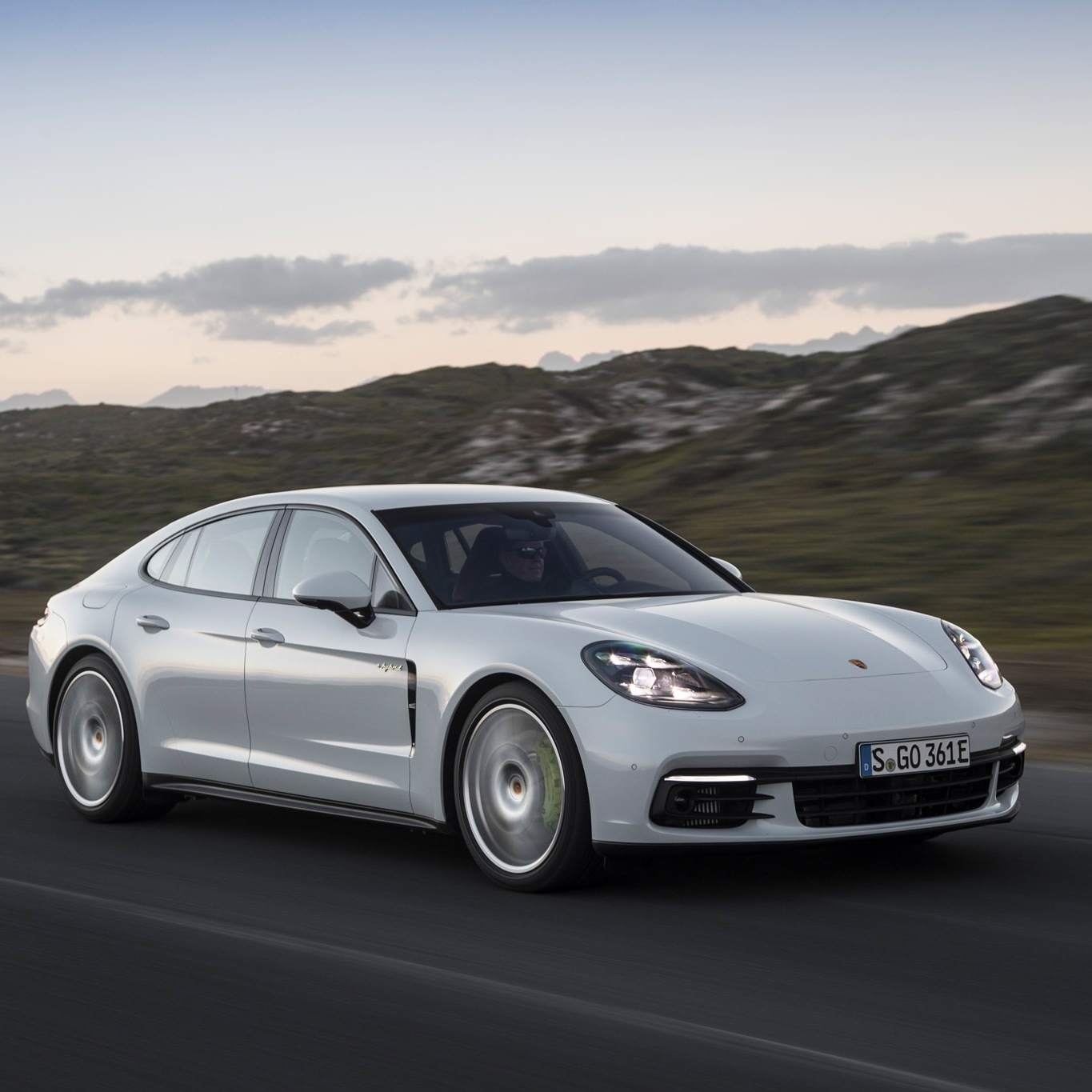Cars and Drivers
Luxury Car Companies Dominate Best Auto Website Ranks

Published:
Last Updated:

According to a study released in March of last year, 88% of potential new car buyers use the internet to shop for a car. By the time a customer shows up on a dealer lot, 71% have made up their minds about which car they want to buy and they don’t change their minds.
Of the five top-rated desktop websites, according to the J.D. Power 2017 Manufacturer Website Evaluation survey, four are dedicated to luxury brands. Porsche ranks at the top, followed by Fiat, Land Rover, Audi, and Hyundai’s Genesis brand. At the bottom are Nissan, Volvo, Honda, Chevrolet, and Volkswagen.
The top rankings for mobile websites also tilt heavily toward luxury brands. Cadillac takes the top spot followed by Land Rover, BMW’s Mini brand, Genesis, and Honda’s Acura brand. The lowest ranked mobile websites belong to Volkswagen, Subaru, Honda, Volvo, and Kia.
The J.D. Power survey asked consumers to rate automakers’ websites on four criteria: information/content; appearance, speed; navigation. Scores are based on a 1,000 point scale and the average score for a desktop site was 814 while the average for a mobile site was 827.
How much difference does a good website make? In many quality surveys, Fiat ranks at or near the bottom, but its website ranks near the top. For the year through June, U.S. Fiat sales are down 12.1% year over year. How much worse would that be if the websites weren’t there to help out?
Luxury carmaker Volvo, owned by China’s Geely, scores near the bottom for both desktop and mobile websites. Through the first six months of last year, Volvo’s U.S. sales were up nearly 25%; through the first six months of 2017 sales are down just over 7%. Could better websites have helped? They certainly wouldn’t have hurt.
On the other side of the coin, one carmaker currently enjoying strong sales is Japan’s Subaru. U.S. sales are up 8% in the first six months of the year, yet the company’s websites rank near the bottom of J.D. Power’s list. Again, we can’t say that better websites would have boosted sales even more, but they might have helped do so.
Finally, Cadillac, with the top-ranked mobile website, has posted a 1.6% drop in U.S. sales for the first half of 2017. The brand’s desktop site ranked a respectable sixth. The company made a conscious effort last year to attract younger buyers and that has succeeded in China, where the average age of a Cadillac buyer is 33. The average age of a U.S. buyer is 62 and Cadillac has chosen to beef up its mobile presence to appeal to a younger U.S. audience. That’s smart, but will it pay off?
If you’re one of the over 4 Million Americans set to retire this year, you may want to pay attention. Many people have worked their whole lives preparing to retire without ever knowing the answer to the most important question: am I ahead, or behind on my goals?
Don’t make the same mistake. It’s an easy question to answer. A quick conversation with a financial advisor can help you unpack your savings, spending, and goals for your money. With Zoe Financial’s free matching tool, you can connect with trusted financial advisors in minutes.
Why wait? Click here to get started today!
Thank you for reading! Have some feedback for us?
Contact the 24/7 Wall St. editorial team.